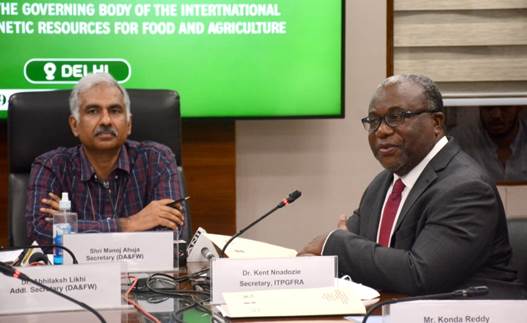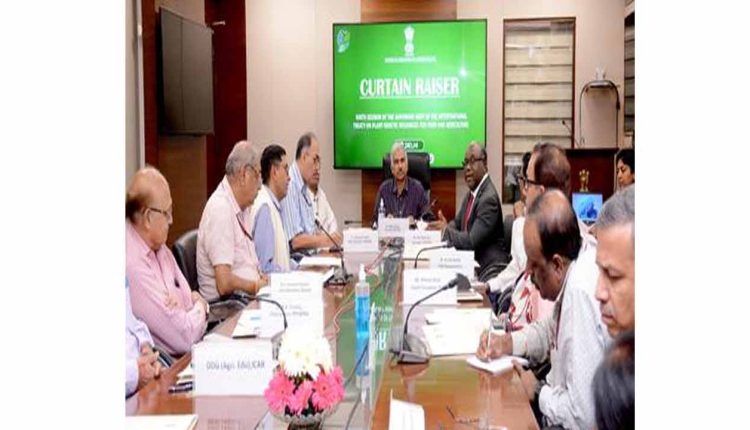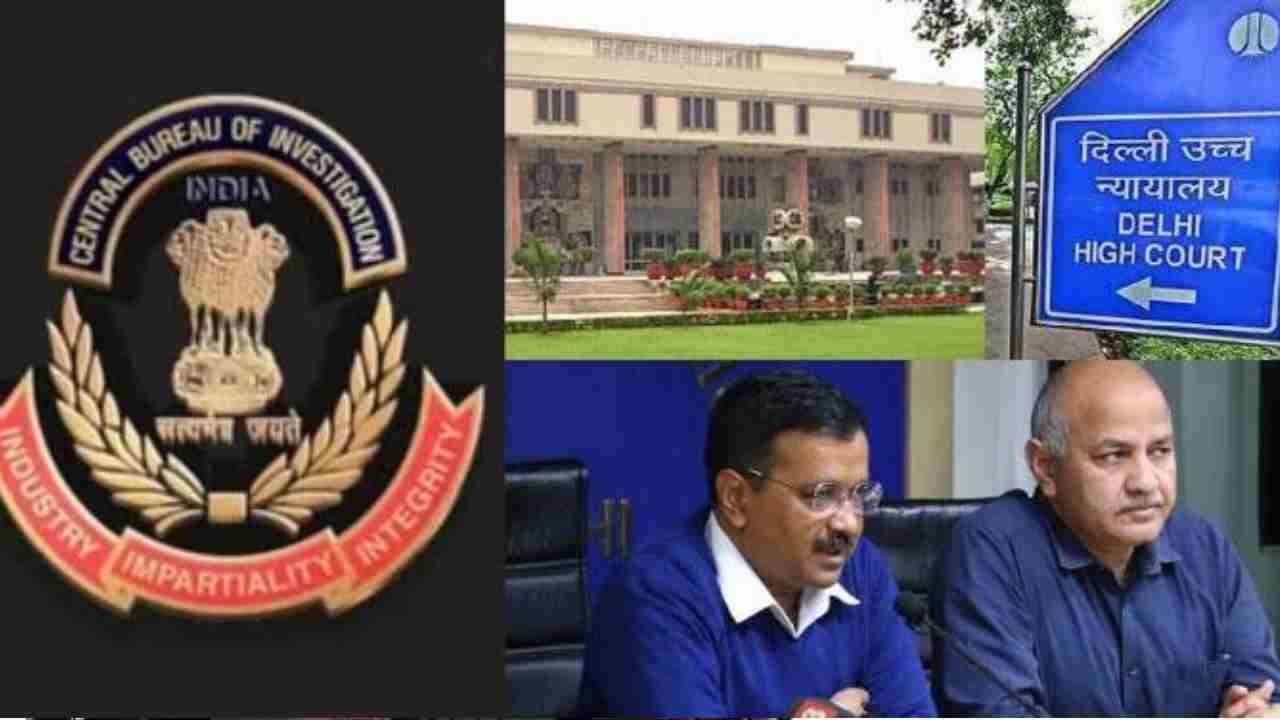India to host 9th Session of Governing Body of the ITPGRFA from 19-24th September
India will host the 9th Session of Governing Body of the ‘International Treaty on Plant Genetic Resources for Food and Agriculture‘ (ITPGRFA) from 19-24th September, 2022 in New Delhi.
The Ministry of Agriculture & Farmer’s Welfare today organized a pre event briefing/Curtain Raiser related to the hosting of “Ninth Session of the Governing Body of the
Briefing the media, Secretary (A&FW) said the biodiversity in food & agriculture needs to be conserved to protect the rights of the farmers. He informed that eminent scientists and resource persons will participate from many countries across the globe. Deliberations during the session will facilitate to develop the climate resilient varieties and also a roadmap for exchange of scientific information on plant genetic resources for increasing crop production and productivity, he added.
Mr. Kent Nnadozie, Secretary (ITPGRFA) in his remarks said that the organization of 9th session of ITPGRFA will provide a common platform for all the participating countries to deliberate upon the pivotal issues related to the development, conservation and protection of Plant Genetic Resources for the benefit of farming community. He further said that the scientific exchange of technological advancement among the countries will help mitigate the adverse impacts of climate change and food security globally.
Dr. Himanshu Pathak, Secretary DARE & Director General (ICAR) said that the plant genetic resources available with different countries will act as base material for development of new varieties to ensure better quality and higher productivity of crops.

ITPGRFA is a legally binding comprehensive agreement adopted in November, 2001 at Rome during the 31st session of Food and Agriculture Organization of the United Nations, which entered into force on June 29, 2004[1]and currently has 149 Contracting Parties, including India.
The treaty provides solutions to achieve food and nutritional security as well as climate resilient agriculture. Countries are inter-dependent for PGRFA and consequently a global order is essential to facilitate access and benefit sharing.
Shri Narendra Singh Tomar, Minister of Agriculture and Farmers Welfare (MoA&FW), Government of India participated in the 8th session of the Governing Body (GB8) in 2019 at Rome and proposed to host the GB9 in India. The GB9 is being held under the theme “Celebrating the Guardians of Crop Diversity: Towards an Inclusive Post-2020 Global Biodiversity Framework”. The theme aims to acknowledge the contribution of the world’s small-holder farmers to the effective management of PGRFA, while providing an opportunity to consider how the Treaty and its community will contribute to the new global biodiversity framework.
The GB9 will consider the options for encouraging, guiding and promoting the realization of Farmers’ Rights as set out in Article 9 of the Treaty, developed by an ad hoc Technical Expert Group on Farmers’ Rights. The GB9 is expected to deliberate on the outcome of informal consultations as well as status of Treaty’s Multilateral System (MLS) implementation to guide future steps necessary for the enhancement of the MLS, which is considered vital for agricultural research, development and global food security.
The GB9 is expected to consider (i) capacity-development strategy for the Treaty; (ii) Funding strategy, resource mobilization and the budget; (iii) conservation and sustainable use of PGRFA and agriculture; (iv) compliance (v) cooperation with other organizations and bodies; and (vi) the Multi-year Programme of Work, including digital sequence information. Dialogues will also be held to further strengthen clauses under the Treaty and in the context of the Convention on Biological Diversity (CBD) and its Nagoya Protocol, Commission on Genetic Resources for Food and Agriculture, Global Crop Diversity Trust, and new Global Biodiversity Framework to pursue a more robust Treaty implementation.
India is endowed with rich crop genetic resources and has successfully established legal, institutional and scholastic infrastructure to utilize the genetic diversity for breeding new varieties. With this unique status and as GB9 host, India is expected to play a crucial role in minimizing the dissonance between technology-rich developed and gene-rich developing countries to achieve functional resolutions on critical agenda items. The GB9 provides an excellent opportunity to convey the steadfast commitment of India to conservation and sustainable utilization of plant genetic diversity as well as farmers’ rights.
Next Story :
Now you can get latest stories from Indtoday on Telegram everyday. Click the link to subscribe. Click to follow Indtoday Facebook page and Twitter and on Instagram. For all the latest Hyderabad News updates






